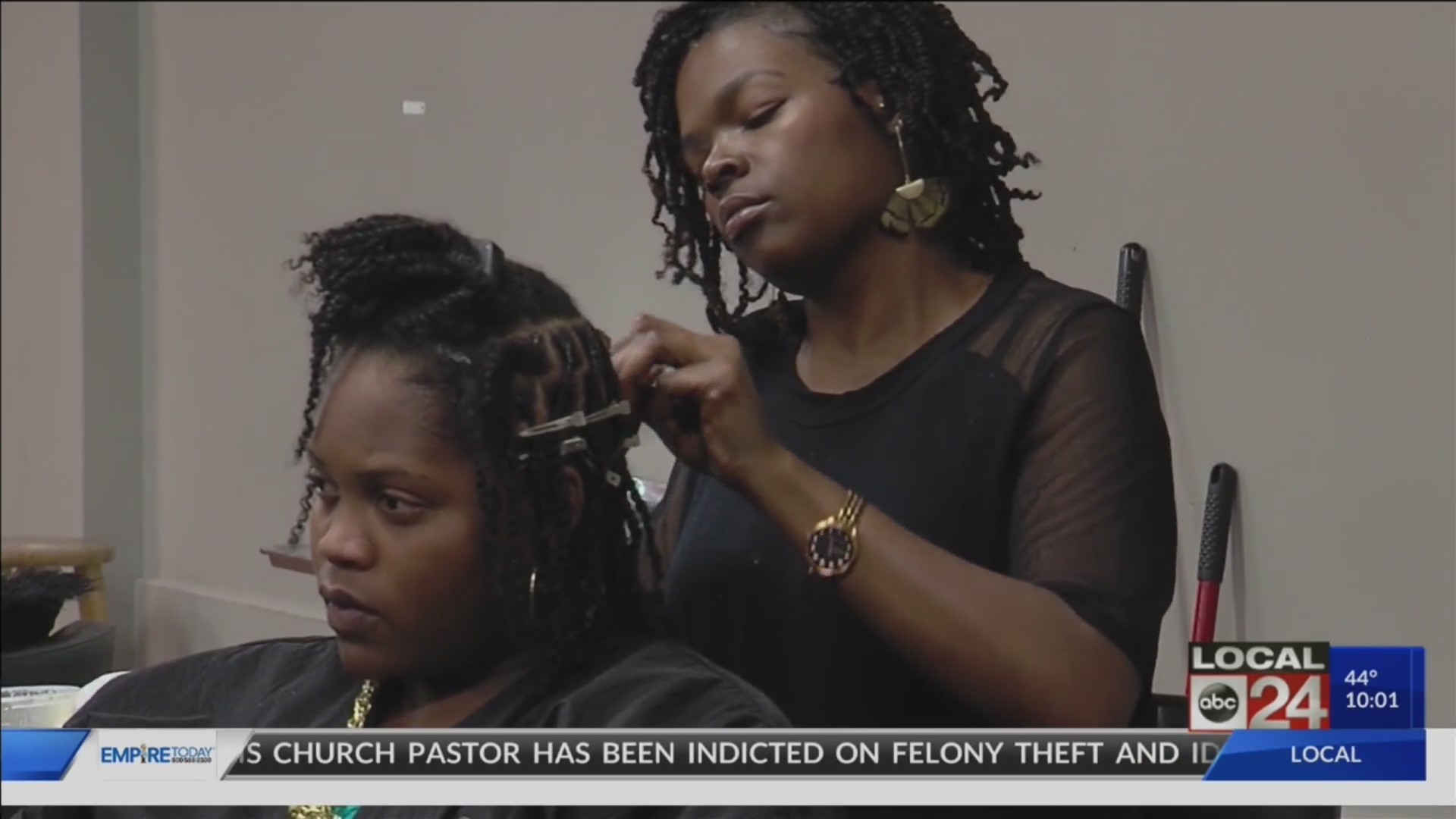MEMPHIS, Tenn. (localmemphis.com) – Tennessee could soon jump on board a national movement to ensure curly and kinky hair isn’t discriminated against on the job.
The Crown Act would protect people who want to wear protective styles like braids and locs. It would amend laws already in place on discrimination.
“We just want to make sure that it’s enshrined in the law that people cannot be discriminated against for the hair that grows out of their head,” said State Sen. Raumesh Akbari (D), who is sponsoring the bill.
It sounds simple, being able to wear you natural hair, wherever you please. For many women and men of color, it’s a battle to wear their coils and kinks, not chemically treated, to work.
“There’s this implied pressure that you have to assimilate to what’s acceptable in mainstream society,” said Akbari.
The Crown Act stands for “Create a Respectful and Open World for Natural Hair.” The bill was first passed in California, then New York.
“A lot of women feel if they’re in a professional setting they’ll be discriminated against if they wear their natural hair so they’re either wearing long straight weave, they’re getting relaxers,” said Akbari.
For some, it’s personal.
“We cut our locs off when my momma died and we put them in the casket and sent it with my mom,” said Queen Clower, a natural hair stylist. “Locs for us are a spiritual thing.”
Places like Ashe Salon, which Clower owns, welcome natural hair clients.
“One of my clients went for a job and they asked her what was she going to do with her locs. She said what do you mean I’m going to do.”
Yet, embracing natural hair isn’t slowing down. In fact at last year’s National Association of Black Journalists conference, a now viral video of broadcast journalists was played that showed off braids, afros and curly hair. Clower just has one question for anyone restraining curls in the workplace.
“They have it in some workbooks, handbooks that say you can’t have natural hair. Why?”
There’s a lot of excitement around the Crown Act. Akbari believes it has a high chance of getting passed. It’s moved to second consideration in the state senate and will next go to committee.

